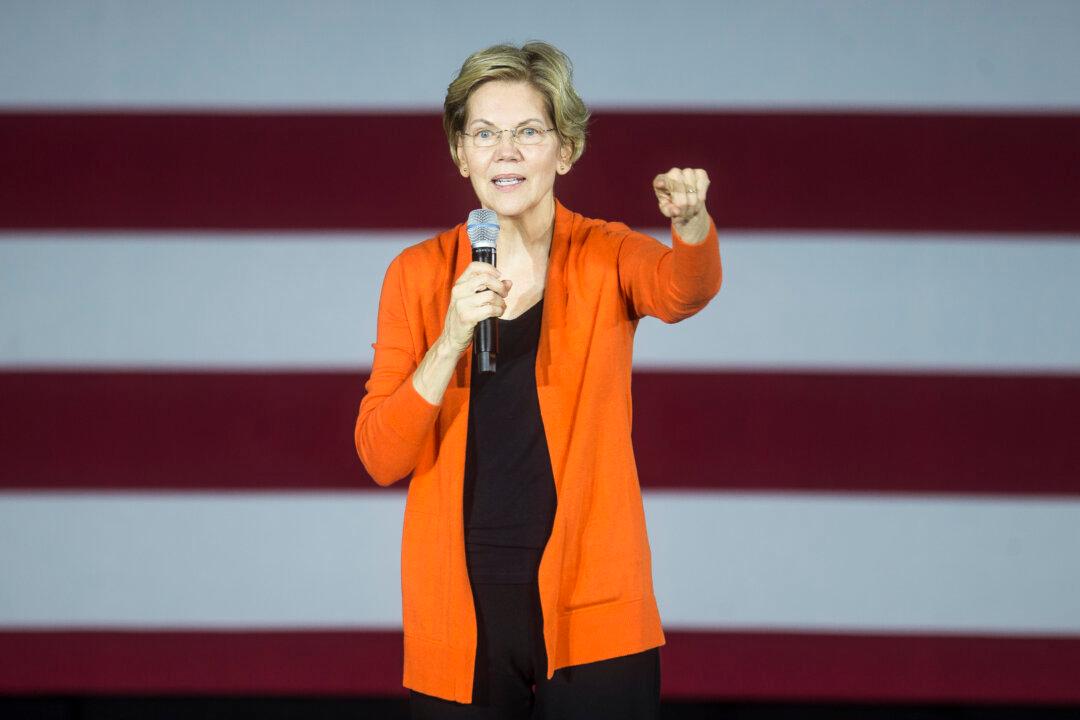WASHINGTON—A legal challenge in the Supreme Court to the constitutionality of the Consumer Financial Protection Bureau, which was originally envisioned by Democratic presidential contender Sen. Elizabeth Warren (D-Mass.) could lead to a dramatic election-year curbing or even dissolution of the powerful financial regulator.
Warren’s campaign didn’t immediately respond to a request for comment by The Epoch Times, although the senator commented on Twitter on the day the Supreme Court decided to take the case.





